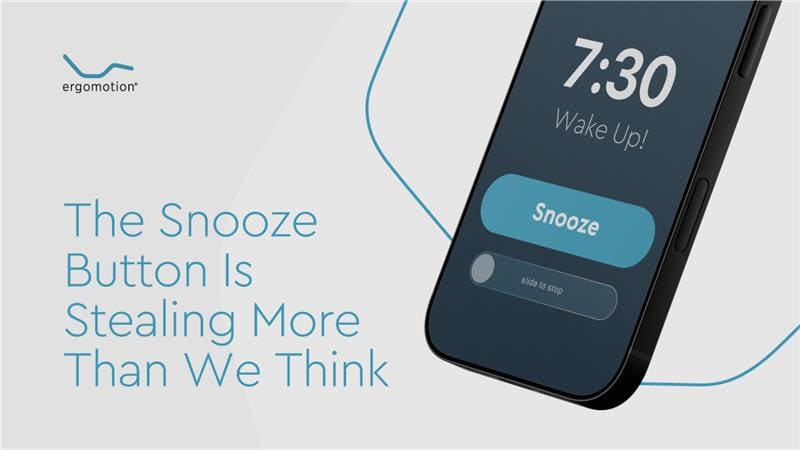What if we could sleep all day aiming not to eat, thus not gain weight? That would probably be way more efficient than paying for the monthly gym fee, right? Well, unfortunately, that’s not really an option but not all is bad news. Sleep can help you control your weight and there are even ways to lose weight while sleeping. Read more below.
With summer just around the corner, there’s a common concern about checking up on physical status to get ready for beach season. That’s the time that most people would have a better chance to lose weight and work out their bodies. It’s easier to stay focused on your physical activities but there are more distractions such as summer parties, sunsets, outdoor concerts, and many other events that will encourage you to sleep less, not to miss a thing!
We are busier during the night, and we tend to ignore it to get an extra energy boost throughout the day. Also, adopting this behavior will not help you with weight loss if you’re aiming for it. Disrupted sleep could be telling your body to hold onto fat and you’re looking for the opposite to happen to stay fit. Getting a proper night of rest is (a big) part of the solution.
A sleep-deprived or sleepy brain is a hungry brain.
Richard K. Bogan
The research is not new. There has always been scientific interest in studying the correlation between sleep and its effect on human well-being, which includes weight gain or loss.
A 10-year-old study from Uppsala University shows that a “specific brain region that contributes to a person's appetite sensation is more activated in response to food images after one night of sleep loss than after one night of normal sleep. Poor sleep habits can therefore affect people's risk of becoming overweight in the long run.” Impressive, isn’t it? How a single night of lacking sleep may affect food perception.
3 Sleep-related strategies to stay fit
Besides getting enough sleep (about 7 to 8 hours of proper sleep during the night), other sleep-related strategies will help you on the mission to control your weight and stay fit.
1. Exercise before bedtime
Going to the gym after work, or even workout at home just before going to bed can keep the body in calorie-burning mode all night long. There’s no need to be addicted to the gym. It’s a matter of doing it right, at the right time.
2. Avoid light during the night
Avoid all kinds of lights during sleep (including mobile phones). Research suggests that light before bedtime can suppress melatonin. Sleeping with a light affects the circadian regulation of metabolism, increasing the risk of weight gain, according to the Sleep Foundation. The sleep environment, as well as our sleep equipment, are important and we keep that in mind at Ergomotion®.mode all night long. There’s no need to be addicted to the gym. It’s a matter of doing it right, at the right time.
3. Eat well
You can’t go to bed starving but it’s also not a good idea to eat a big meal too close to bedtime. Did you know that, for some people (especially those who suffer from heartburn), the digestion process is enough to keep you awake at night? Trying to keep meal and sleep times consistent is crucial to maintaining our circadian rhythm, thus respecting our body’s internal clock.
Don’t get us wrong. Sleeping on itself is not miraculously making you lose weight. It’s not as if you can immediately quit the gym or give up on your healthy food. Sleep is just one piece of the puzzle in the battle against weight gain, but it’s a vital one.
A lack of sleep has been shown to negatively impact many other aspects of our health, such as our performance at work and home, the amount we eat throughout our day, and how much physical activity we can manage. And this is just scratching the surface! All these factors have a cumulative effect that ends up contributing to weight gain — or worse — weight loss resistance.
Let’s sleep well and stay fit?
Elevate your business with Ergomotion®.



